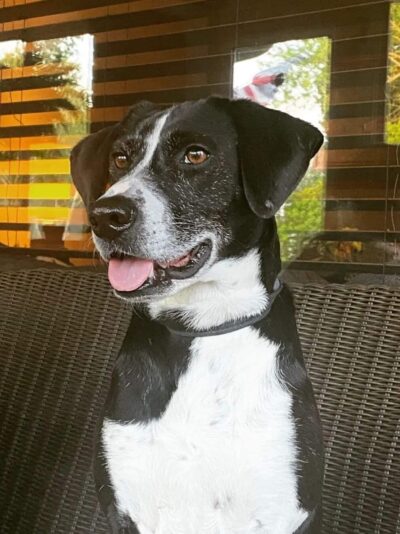For many of us, our pets are like our family members and if we pass away or become disabled and are no longer able to take care of our pets, we want them to be well looked after. Part of your estate plan is to provide your intentions and instructions for your belongings and for your loved ones, so it is important to have a plan for your pets as well!
For many of us, our pets are like our family members and if we pass away or become disabled and are no longer able to take care of our pets, we want them to be well looked after. Part of your estate plan is to provide your intentions and instructions for your belongings and for your loved ones, so it is important to have a plan for your pets as well!
What Happens If I Don’t Plan?
In a best-case scenario, an immediate family member will take care of your pets on your behalf. However, if you do not have anyone who is willing to volunteer to take in your pets, they will likely be given to your local animal shelter or animal rescue, such as the SPCA or animal control, for replacement with another family if one can be found. There is no guarantee for placement.
Your pets could end up with a wonderful family, but you know your pets best and what the most suitable environment is for them, so why not create a plan for peace of mind that they will be taken care of up to your own standards.
What Are My Options for Planning?
Private Arrangements
You can make private arrangements with the person you wish to be a caretaker of your pets. The issue with this option is that the agreement is not in writing and therefore, has the potential of falling through. Additionally, there are no funds that are left to help with the transition of taking care of a new pet (veterinarian bills, microchip retitling, food, medicine, comfort items). Also, take into account that since there is nothing in writing in a formal estate plan, this could lead to someone else contesting to this plan if someone wants the animal(s) or the agreed upon caretaker changing their mind with no back up plan in place for your pet.
Pet Provision in a Will
If you decide to use this option, you can add a provision in your Will that leaves your pets to a specific beneficiary. You can also leave a sum of money for the transition of their care. Keep in mind, just like setting up a Guardian for a child, it is a good idea to have a back up caretaker for your pets in your plan in case your primary choice is unable or unavailable to take on a caretaking position for your pets.
The downside to using a Will to plan for your pets, is that the caretaker instructions that you leave are not legally enforceable. Additionally, the only option for leaving funds for the pet’s care is for an immediate lump sum. If you would like to have a long-lasting option to help fund their care, a Will is not for you. Additionally, a Will could go through Probate (court administering your Will and partaking in distributing assets), which can be a lengthy process, which leaves your pet’s care in a difficult transition, potentially to be in the care of the Personal Representative of your estate. Something that is often overlooked is a potential of your own disability. This option does not include planning in the event that you become disabled and are no longer able to take care of your pets.
Pet Trust
This is a provision that would be included in your Revocable Living Trust. It’s easy to adjust and amend. You can name a caretaker, just like a Will, but also include detailed instructions if you prefer or important information about their care and include funding in either a lump sum amount or in a trust to be used over time to be administered by your trustee. It’s also important to note that there is a legal obligation to use the funds for your pet’s care.
Additionally, this option would cover an event of disability that renders you unable to care for your own pets. Your disability trustees can ensure that your pets are placed with your chosen caretaker and have a smooth transition for their care.
Just like we mentioned before, you will want to have back up caretakers included in the plan to make sure that if your primary caretaker is unable, there is a viable back up.
How to Get Started
Just like choosing a guardian for children, it is important to first have a conversation with your preferred caretaker of your pets, before setting up a plan. It’s a good idea to discuss your expectations for your pet’s care and to make sure the caretaker is willing to look after your pet.
If you would like to include your plan for your pets in your personal estate plan, discuss your goals with an estate planning attorney so that they can provide you with an estate plan that will effectively carry out your goals and intentions for your pets. At Randall & Bryant, we like to hold “Family Meetings” that involve your “helpers” of your estate plan, so that we can discuss what would happen in the event of disability or death and they can have a realistic expectation of what their role in your estate plan would look like. It’s a good idea to include your guardians for children along with caretakers for pets in this meeting!
If you are interested in creating a plan for your pets, click the blue “Get Started Now!” button on this page to set up a free consultation to discuss your goals!

